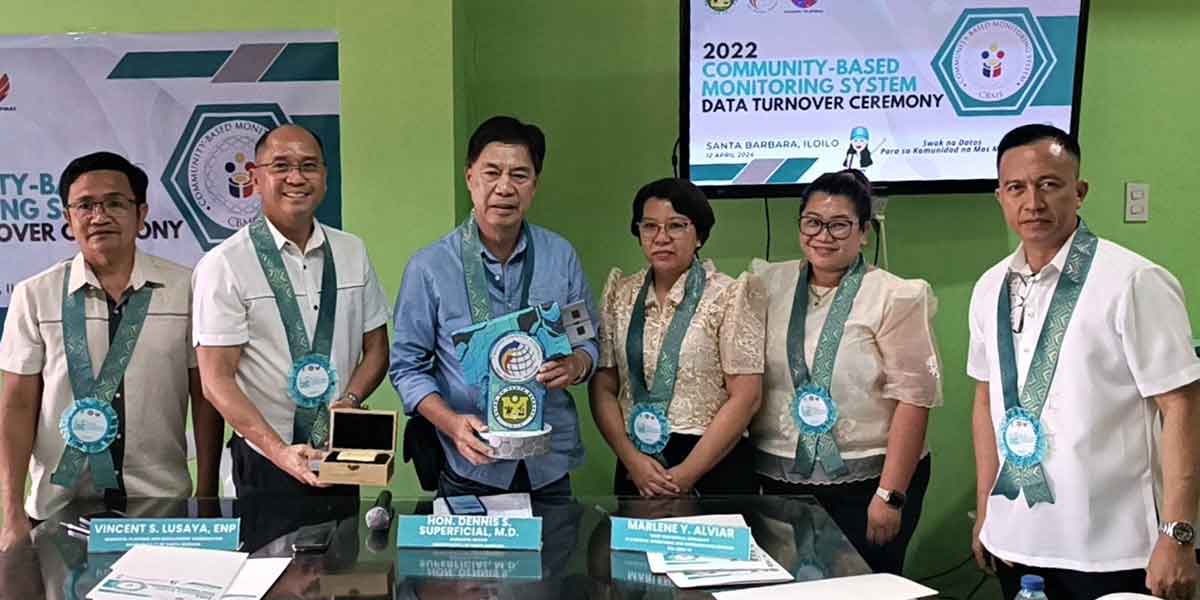THE Department of Agricultures (DA) Bureau of Plant Industry- National Plant Quarantine Services Division (BPI-NPQSD) launched the e-Phytosanitary Certification System on March 29, 2019 in Iloilo City.
The agency seeks to protect the plants, cultivated, uncultivated and wild flora, by requiring shippers to secure Phytosanitary permits. The Phytosanitary Certification guarantees that Phytosanitary import requirements are complied before the transport and trading of plants and plant products.
DA-BPI established the electronic system in partnership with the InterCommerce Network Services, Inc.
BPI director George Culaste and assistant director Gerald Glenn Panganiban discussed the importance and procedures on how to operate the system.
This system aims to facilitate paperless and expedite transaction, avoid possible falsified certificates and to reduce administrative and transportation costs for BPI, importers and exporters, said Culaste.
Coming up with this electronic system is timely and relevant as the rice tariffication law was already signed. Phytosanitary certificate is actually the only document to be required to be able to import rice from other countries. Importers should be registered and accredited with BPI, he added.
To be automated by BPI, the e-Phytosanitary System will enable the exchange of e-Phyto Certificates either bilaterally, through the ASEAN Single Window or the International Plant Protection Convention e-Phyto Hub.
Reynaldo Dofitas, owner of Flora Botanica in Bacolod City, said that the e-Phyto system will help exporters like him in determining the authenticity of legal documentary requirements.
Plant exporters and plant quarantine personnel from all over the region took part in the launching activity. (A. M. P. Susbilla/DA-RAFIS 6)






















